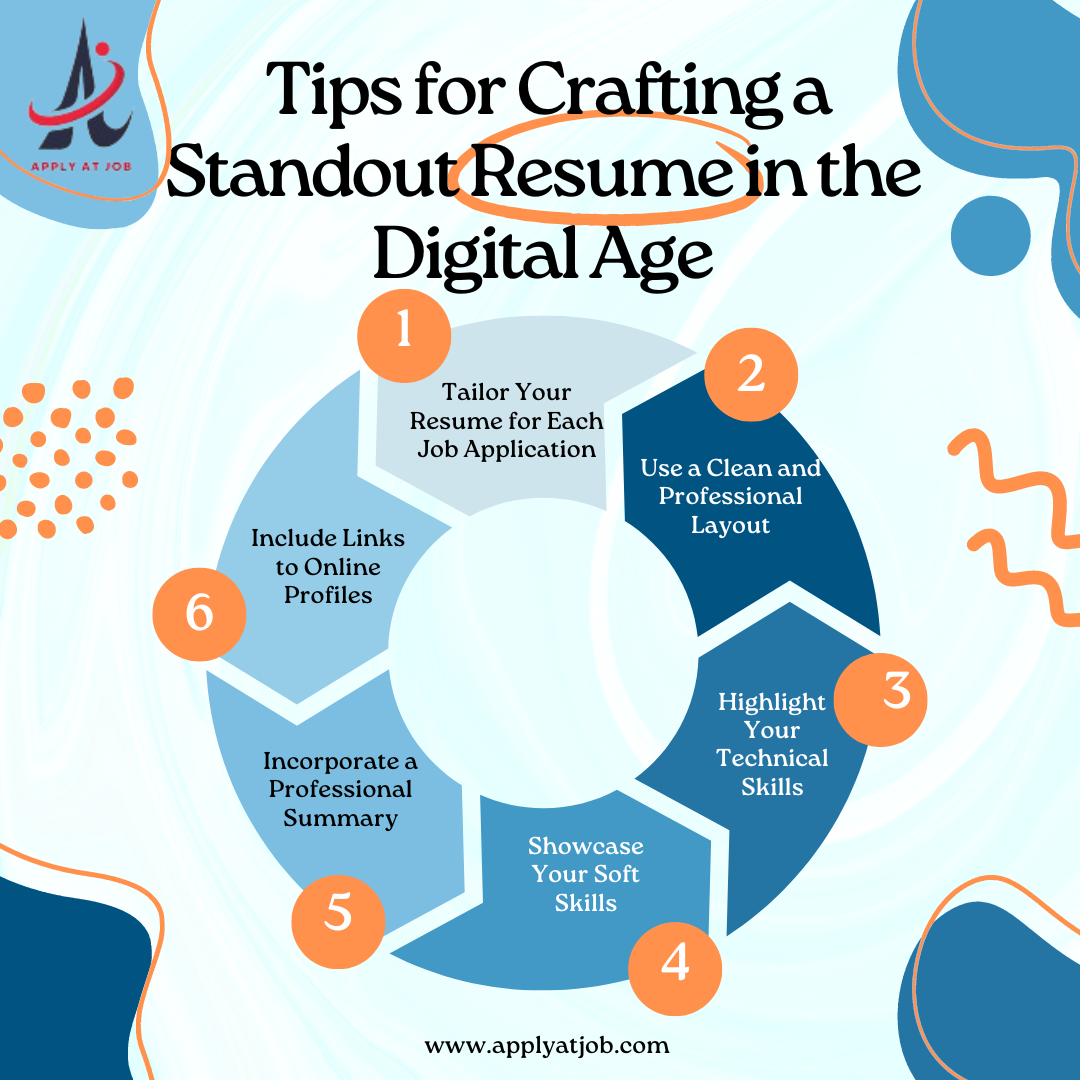1. Organizing:
Setting Goals:
Choosing both immediate and long-term objectives for the company.
Strategic planning is the process of creating plans to carry out these goals quickly and effectively.
Allocating resources in a way that best achieves organizational objectives.
2. Organizing and Structuring the Organization:
Establishing a framework for cooperation and communication inside the organization.
Blogs
We can learn IT skills through the following points:
1. Academic Training:
Enroll in a Bachelor's or Master's program in information technology, computer science, or a related subject.
Degrees Online:
Enroll in online degree programs offered by recognized colleges.
2. Accreditations:
Obtain credentials related to your industry, such as the AWS Certified Solutions Architect, Cisco's CCNA, Microsoft's MCSE, CompTIA A+, Network+, and Security+.
Of course, IT skills are in demand:
1. Quick Changes in the Digital World:
Business Modernization:
Organizations are going digital in every business.
Cloud Adoption:
Cloud computing is becoming increasingly popular, necessitating IT expertise.
2. Needs for Cybersecurity:
Data protection:
Creating a standout resume in today's digital landscape requires a blend of traditional best practices and modern techniques. Here are some detailed tips to help you craft a resume that catches the eye of recruiters and hiring managers:
1. Chief Information Security Officer (CISO):
Security Architect, Penetration Tester, and Security Consultant are among the cybersecurity roles.
Reason:
There is a strong need to defend systems and sensitive data from online attacks.
2. Big Data Analyst, Machine Learning Engineer:
Data Scientist and Data Engineer are among the roles in data science and analytics.
Reason:
Decision-making across sectors is becoming more and more dependent on data.
1. Great Demand employment Growth:
According to constant employment growth estimates, IT workers are in great demand across a range of industries.
Digital Transformation:
As firms become more digitally integrated, there is an increasing demand for IT know-how.
2. A Variety of Opportunities
Different Roles:
Many different employment roles, such as network administration, cybersecurity, data analysis, software development, and IT support.
Industry Variety:
1. Great Demand Employment Growth:
According to constant employment growth estimates, IT workers are in great demand across a range of industries.
Digital Transformation:
As firms become more digitally integrated, there is an increasing demand for IT know-how.
1. Self-Evaluation
Determine Your Areas of Interest:
Think back to your favorite pastimes and the topics or pursuits you find most inspiring.
Assess Your Ability:
Evaluate your abilities, capabilities, and skills.
Recognize Your Principles:
Think about the aspects of a career that are essential to you, such as creativity, helping others, work-life balance, or financial security.
1. Seek Out Appropriate Instruction and Training:
Acquire a Degree:
Compile a degree in management, business administration, or a similar profession.
Acquire certificates:
Fulfill project management professional (PMP) qualifications.
1. Chief Executive Officer (CEO):
The executive with the highest rank within an organization.
In charge of strategic direction and general management.
2. Financial reporting:
Risk management and financial planning are overseen by the chief financial officer (CFO).
guarantees the organization's financial stability.
3. Chief Executive Officer (CEO):
The executive with the highest rank within an organization.
operational and administrative tasks with responsibility.














